Fleurs du Mal Magazine


Or see the index

William Shakespeare
(1564-1616)
Sonnets 65 – 71
65
Since brass, nor stone, nor earth, nor boundless sea,
But sad mortality o’ersways their power,
How with this rage shall beauty hold a plea,
Whose action is no stronger than a flower?
O how shall summer’s honey breath hold out,
Against the wrackful siege of batt’ring days,
When rocks impregnable are not so stout,
Nor gates of steel so strong but time decays?
O fearful meditation, where alack,
Shall Time’s best jewel from Time’s chest lie hid?
Or what strong hand can hold his swift foot back,
Or who his spoil of beauty can forbid?
O none, unless this miracle have might,
That in black ink my love may still shine bright.

66
Tired with all these for restful death I cry,
As to behold desert a beggar born,
And needy nothing trimmed in jollity,
And purest faith unhappily forsworn,
And gilded honour shamefully misplaced,
And maiden virtue rudely strumpeted,
And right perfection wrongfully disgraced,
And strength by limping sway disabled
And art made tongue-tied by authority,
And folly (doctor-like) controlling skill,
And simple truth miscalled simplicity,
And captive good attending captain ill.
Tired with all these, from these would I be gone,
Save that to die, I leave my love alone.

67
Ah wherefore with infection should he live,
And with his presence grace impiety,
That sin by him advantage should achieve,
And lace it self with his society?
Why should false painting imitate his cheek,
And steal dead seeming of his living hue?
Why should poor beauty indirectly seek,
Roses of shadow, since his rose is true?
Why should he live, now nature bankrupt is,
Beggared of blood to blush through lively veins,
For she hath no exchequer now but his,
And proud of many, lives upon his gains?
O him she stores, to show what wealth she had,
In days long since, before these last so bad.
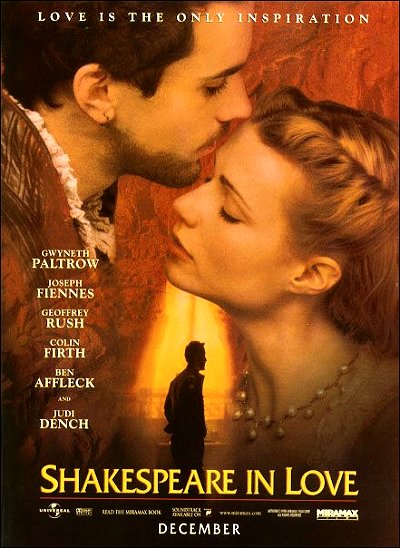
68
Thus is his cheek the map of days outworn,
When beauty lived and died as flowers do now,
Before these bastard signs of fair were born,
Or durst inhabit on a living brow:
Before the golden tresses of the dead,
The right of sepulchres, were shorn away,
To live a second life on second head,
Ere beauty’s dead fleece made another gay:
In him those holy antique hours are seen,
Without all ornament, it self and true,
Making no summer of another’s green,
Robbing no old to dress his beauty new,
And him as for a map doth Nature store,
To show false Art what beauty was of yore.
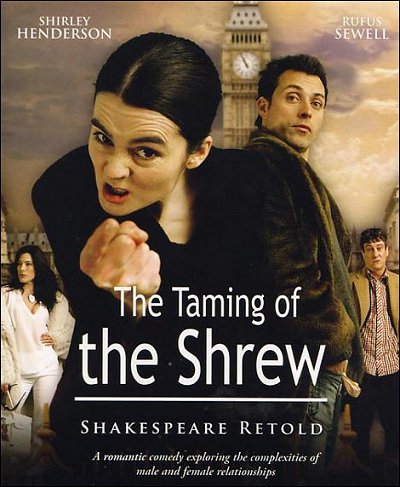
69
Those parts of thee that the world’s eye doth view,
Want nothing that the thought of hearts can mend:
All tongues (the voice of souls) give thee that due,
Uttering bare truth, even so as foes commend.
Thy outward thus with outward praise is crowned,
But those same tongues that give thee so thine own,
In other accents do this praise confound
By seeing farther than the eye hath shown.
They look into the beauty of thy mind,
And that in guess they measure by thy deeds,
Then churls their thoughts (although their eyes were kind)
To thy fair flower add the rank smell of weeds:
But why thy odour matcheth not thy show,
The soil is this, that thou dost common grow.

70
That thou art blamed shall not be thy defect,
For slander’s mark was ever yet the fair,
The ornament of beauty is suspect,
A crow that flies in heaven’s sweetest air.
So thou be good, slander doth but approve,
Thy worth the greater being wooed of time,
For canker vice the sweetest buds doth love,
And thou present’st a pure unstained prime.
Thou hast passed by the ambush of young days,
Either not assailed, or victor being charged,
Yet this thy praise cannot be so thy praise,
To tie up envy, evermore enlarged,
If some suspect of ill masked not thy show,
Then thou alone kingdoms of hearts shouldst owe.
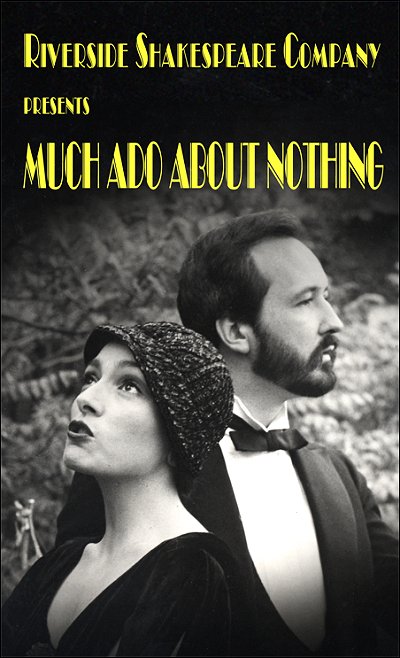
71
No longer mourn for me when I am dead,
Than you shall hear the surly sullen bell
Give warning to the world that I am fled
From this vile world with vilest worms to dwell:
Nay if you read this line, remember not,
The hand that writ it, for I love you so,
That I in your sweet thoughts would be forgot,
If thinking on me then should make you woe.
O if (I say) you look upon this verse,
When I (perhaps) compounded am with clay,
Do not so much as my poor name rehearse;
But let your love even with my life decay.
Lest the wise world should look into your moan,
And mock you with me after I am gone.

William Shakespeare: Sonnets 65-71
kemp=mag poetry magazine
More in: Shakespeare, William
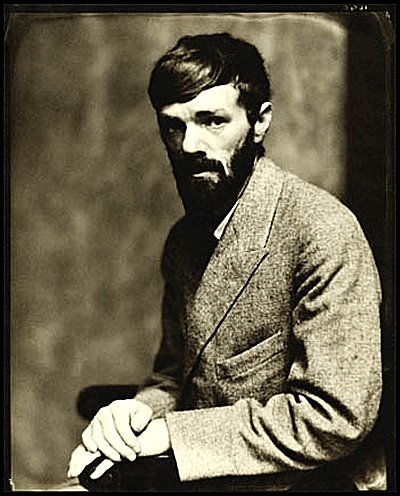
D.H. Lawrence
(1885-1930)
Ballad of Another Ophelia
Oh the green glimmer of apples in the orchard,
Lamps in a wash of rain!
Oh the wet walk of my brown hen through the stackyard,
Oh tears on the window pane!
Nothing now will ripen the bright green apples,
Full of disappointment and of rain,
Brackish they will taste, of tears, when the yellow dapples
Of autumn tell the withered tale again.
All round the yard it is cluck, my brown hen,
Cluck, and the rain-wet wings,
Cluck, my marigold bird, and again
Cluck for your yellow darlings.
For the grey rat found the gold thirteen
Huddled away in the dark,
Flutter for a moment, oh the beast is quick and keen,
Extinct one yellow-fluffy spark.
Once I had a lover bright like running water,
Once his face was laughing like the sky;
Open like the sky looking down in all its laughter
On the buttercups, and the buttercups was I.
What, then, is there hidden in the skirts of all the blossom?
What is peeping from your wings, oh mother hen?
’Tis the sun who asks the question, in a lovely haste for wisdom;
What a lovely haste for wisdom is in men!
Yea, but it is cruel when undressed is all the blossom,
And her shift is lying white upon the floor,
That a grey one, like a shadow, like a rat, a thief, a rain-storm,
Creeps upon her then and gathers in his store.
Oh the grey garner that is full of half-grown apples,
Oh the golden sparkles laid extinct!
And oh, behind the cloud-sheaves, like yellow autumn dapples,
Did you see the wicked sun that winked!
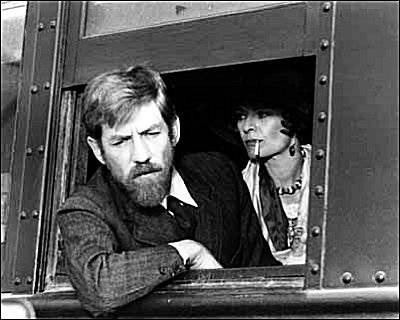
On That Day
On that day
I shall put roses on roses, and cover your grave
With multitude of white roses: and since you were brave
One bright red ray.
So people, passing under
The ash-trees of the valley-road, will raise
Their eyes and look at the grave on the hill, in wonder,
Wondering mount, and put the flowers asunder
To see whose praise
Is blazoned here so white and so bloodily red.
Then they will say: “’Tis long since she is dead,
Who has remembered her after many days?”
And standing there
They will consider how you went your ways
Unnoticed among them, a still queen lost in the maze
Of this earthly affair.
A queen, they’ll say,
Has slept unnoticed on a forgotten hill.
Sleeps on unknown, unnoticed there, until
Dawns my insurgent day.
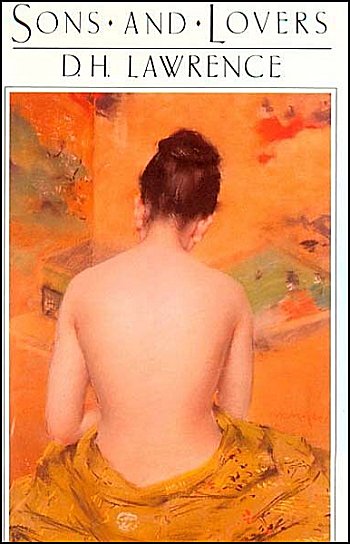
Jealousy
The jealousy of an ego-bound woman
is hideous and fearful,
it is so much stronger than her love could ever be.
The jealousy of an ego-bound woman
is a fearful thing to behold
The ego revealed in all its monstrous inhumanity.

All I ask
All I ask of a woman is that she shall feel gently towards
me
when my heart feels kindly towards her,
and there shall be the soft, soft tremor as of unheard bells
between us.
It is all I ask.
I am so tired of violent women lashing out and insisting
on being loved, when there is no love in them.

kemp=mag poetry magazine
More in: Lawrence, D.H.

N o v a l i s
Georg Philipp Friedrich von Hardenberg (1772 – 1801)
Wenn in bangen, trüben Stunden
Wenn in bangen, trüben Stunden
Unser Herz beinah’ verzagt,
Wenn, von Krankheit überwunden,
Angst in unserm Innern nagt,
Wir der Treugeliebten denken,
Wie sie Gram und Kummer drückt,
Wolken unsern Blick beschränken,
Die kein Hoffnungsstrahl durchblickt:
O! dann neigt sich Gott herüber,
Seine Liebe kommt uns nah’:
Sehnen wir uns dann hinüber,
Steht sein Engel vor uns da,
Bringt den Kelch des frischen Lebens,
Lispelt Mut und Trost uns zu,
Und wir beten nicht vergebens
Auch für der Geliebten Ruh’.
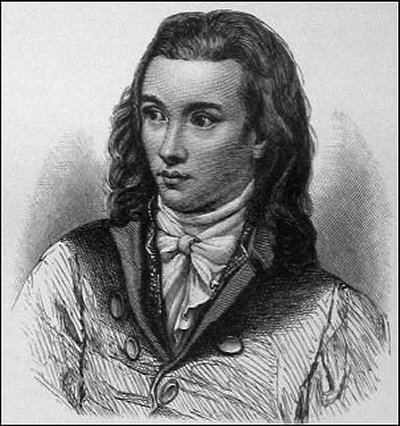
fleursdumal.nl magazine
More in: Archive M-N, Novalis, Novalis

V i n c e n t B e r q u e z
F o u r P o e m s
![]()
Dancing into the cream of the night
You said take me dancing
in the cream of the night
like we did that time
when the music was jasper Spanish.
The seated flamenco women clapped
out the velocity of chattering rhythms
pushing the black and scarlet music
to the edge of our half-conscious world,
exciting the bloody pump with the drum
of temptation that agitated our lustiness.
The partnership of limbs tangled
loquacious, heady, demanding.
We took to the slippery dance floor
where I held the spine of your wet skin
in the stretch of my flexed palm –
you said your heart needed to dance with me
until the silver slit cracked into the shock
of the smoky grey marbled morning.
In charged anarchy we succumbed
to fog drunkenly and lost ourselves till then.
Bombing the Plain English Society
I shall keep you here in the electrons of my mind,
the swirling passages of these unending nerve ends.
I will be the bristling brush on the flesh of a rapid red fox,
the squaring of roots drowning in complex mathematics,
the astro-lunacy of a blinking boffin’s crazed chalk jottings
scratched frantically on a worn-out university blackboard.
I would be a Fascist treading in the shine of marching jackboots
towards the blinding zealous pursuit of your affections,
the deepest diver plunging for shellfish in dangerous waters,
the oxygen breathing spaceman sucked into the inky darkness
of twinkling night in the want of the unknown knowledge of you.
I shall be the unfettered wild horse galloping far and wide
towards you, towards the savage and the need beyond exhaustion.
I would bomb the Plain English Society in search of obscure words
to cover you, plundering rich language I would describe abundantly.
I would forfeit rich chocolate and red wine to taste you instead,
sleep on stones of fire nightly for a chance to lie next to you,
with my flame burning brightly I will illuminate you in my heat.
Writing words of love to the sea
I write words of love to the sea
my mistress so far from me here
in the grey light and night of the city.
I write words of passion for the waves
that lap my skin when close
that makes me come alive when I think
of her and take a path to her blanket.
I write a passion for the great emptiness
of my desire when away
for the solitude of when we are together,
when I glide deep inside her
and only come up for air when it is almost too late.
Sleep touching
Enchanted, our mime snake-like,
entwined, wrapped in each other,
a limbed garland, a drowsy choice
where no obvious choice is made.
Our sighing bodies entranced,
meshing, threading smoothly,
covering velvet soft, satin warm.
We touch without touching,
no fingers or lips or eyes
come into knowing contact –
We purr a murmur and our skin
dusts the other’s skin gently.
We are languid as we wake
again to the light of the world,
to the animation of the day.
And in our strokes we begin
to touch differently
realising each other is near.
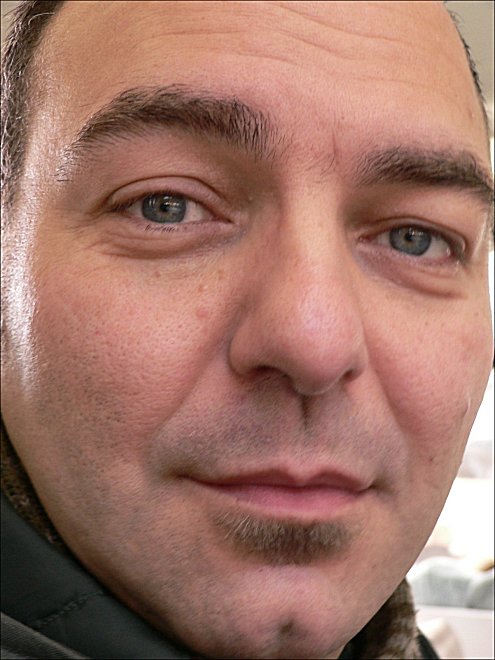
Vincent Berquez Biography
Vincent Berquez is a London–based artist and poet. He has published in Britain, Europe, America and New Zealand. His work is in many anthologies, collections and magazine worldwide. Vincent Berquez was requested to write a Tribute as part of ‘Poems to the American People’ for the Hastings International Poetry Festival for 9/11, read by the mayor of New York at the podium. He has also been commissioned to write a eulogy by the son of Chief Albert Nwanzi Okoluko, the Ogimma Obi of Ogwashi-Uku to commemorate the death of his father. Berquez has been a judge many times, including for Manifold Magazine and had work read as part of Manifold Voices at Waltham Abbey. He has recited many times, including at The Troubadour and the Pitshanger Poets, in London. In 2006 his name was put forward with the Forward Prize for Literature. He recently was awarded a prize with Decanto Magazine. Berquez is now a member of London Voices who meet monthly in London, United Kingdom.
Vincent Berquez has also been collaborating in 07/08 with a Scottish composer and US film maker to produce a song-cycle of seven of his poems for mezzo-soprano and solo piano. These are being recorded at the Royal College of Music under the directorship of the concert pianist, Julian Jacobson. In 2009 he will be contributing 5 poems for the latest edition of A Generation Defining Itself, as well as 3 poems for Eleftheria Lialios’s forthcoming book on wax dolls published in Chicago. He also made poetry films that have been shown at various venues, including a Polish/British festival in London, Jan 07.
As an artist Vincent Berquez has exhibited world wide, winning prizes, such as at the Novum Comum 88’ Competition in Como, Italy. He has worked with an art’s group, called Eins von Hundert, from Cologne, Germany for over 16 years. He has shown his work at the Institute of Art in Chicago, US, as well as many galleries and institutions worldwide. Berquez recently showed his paintings at the Lambs Conduit Festival, took part in a group show called Gazing on Salvation, reciting his poetry for Lent and exhibiting paintings/collages. In October he had a one-man show at Sacred Spaces Gallery with his Christian collages in 2007. In 2008 Vincent Berquez also had a solo show of paintings at The Foundlings Museum. His artwork is permanently on view at the Enid Lawson Gallery in London.
![]()
KEMP=MAG poetry magazine – magazine for art & literature
© vincent berquez
More in: Berquez, Vincent, Vincent Berquez
.jpg)
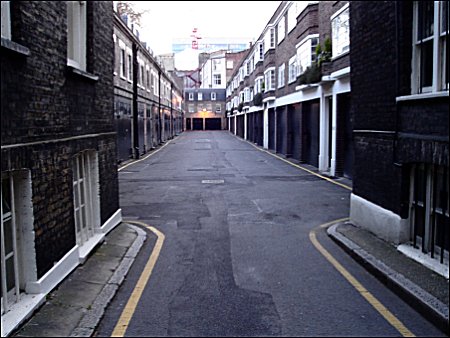
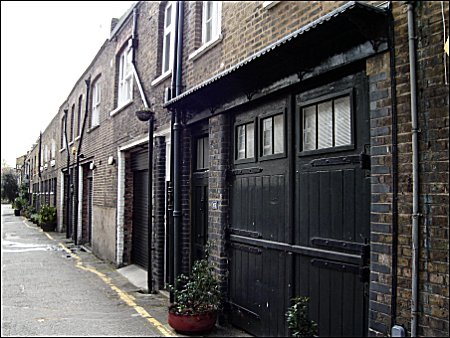

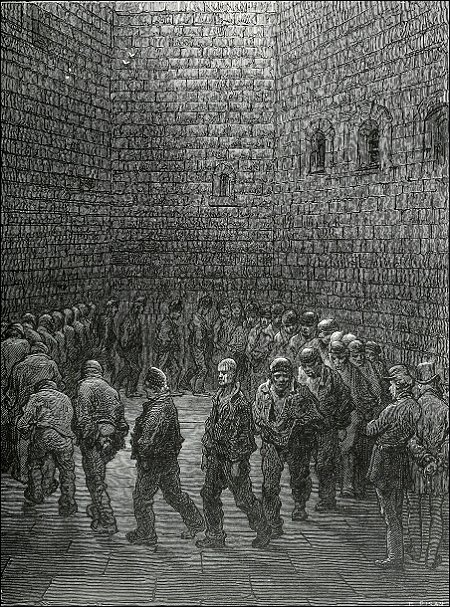
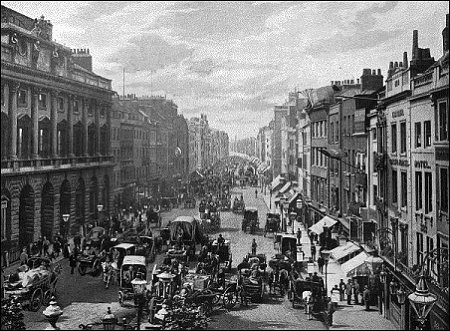
.jpg)

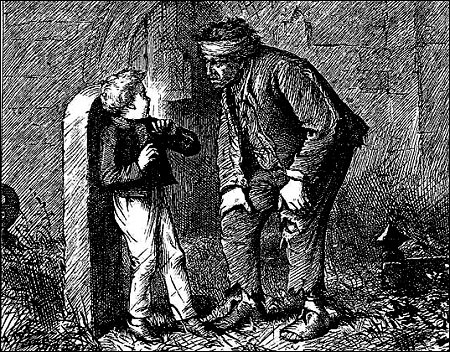
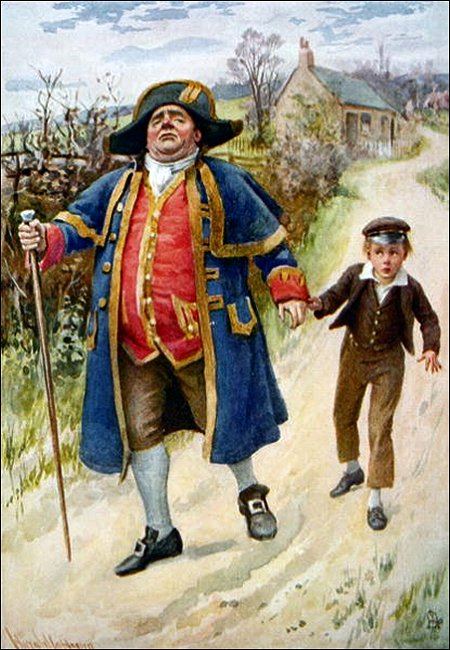
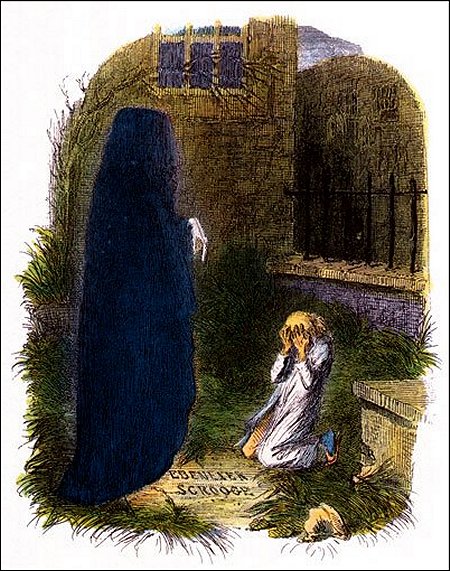

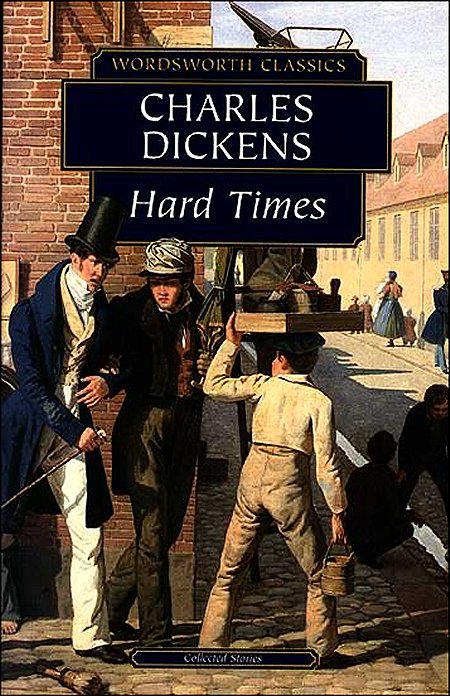
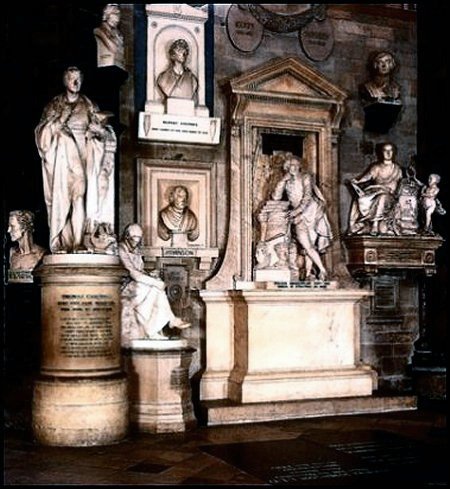


MUSEUM OF LITERARY TREASURES
CHARLES DICKENS
part IV
.jpg)
Charles Dickens Museum – Doughtystreet – London
Westminster Abbey – London
kemp=mag poetry magazine
© photos kemp=mag
More in: Charles Dickens, Dickens, Charles, Museum of Literary Treasures

FRANK VAN PAMELEN
v i e r g e d i c h t e n
![]()
S p i t s e n
Ze vormden altijd twee vertrouwde gidsen
De spitsen
Van vijfsprong naar het centrum op de fiets
Je kon ze in de zomerzon zien flitsen
De spitsen
Nu zie je in de Tuinstraat vrijwel niets
Op weg van Jack’s naar PickAlily schort er
Nog weinig aan de beide fenomenen
Maar dan worden de bakens nota bene
Ter hoogte van de Langestraat steeds korter
Totdat ze bijna weggezonken zijn
In heel dat nieuwe Pieter Vreedeplein
Het waren nooit echt van die hele blitse
De spitsen
Die horen bij de Heuvel en de kerk
Maar toch: ik adoreer ze en aanbid ze
De spitsen
Hoewel ik vrijwel niets meer van ze merk
Nog even wordt er één teruggevonden
Al rijdend langs Antonius z’n straat
Totdat ook deze kansloos ondergaat
In Tilburgs nieuwste grijsbetonnen zonde
Vanaf de fiets schuilt er nog veel venijn
In heel dat nieuwe Pieter Vreedeplein
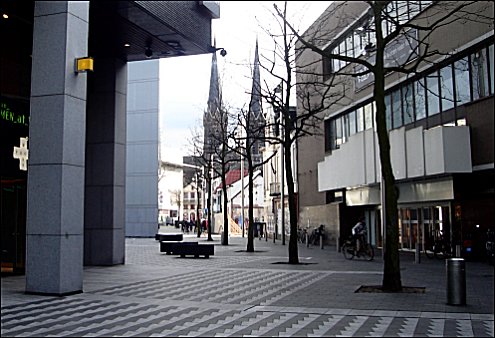
I n e v e r
I never recalled
A when or a how
Til now
I never remembered
A where or a who
Til you
And I never saw
The future so clear
Til here
Cos I never went
So completely berzerk
Til burg

O n g e l o o f
Je kunt nu langs de hele Noordpool varen
Er is een man die over water loopt
En Maître Paul gebak kun je bewaren
Tot minstens twee jaar nadat je het koopt
Er zijn wel duizend miersoorten bekend
Een scharrelkip legt elke dag een eitje
Amerika dat krijgt zijn eerste zwarte president
En Willem II staat in het linkerrijtje
Er passen duizend foto’s op een stickje
Er was een grote knal aan het begin
En een gewoon gemiddeld colablikje
Daar zitten veertien suikerklontjes in
Een valk vliegt als een racewagen zo hard
En witte kool wordt zuurkool na een tijdje
De rijkste man ter wereld heeft zo’n zeventig miljard
En Willem II staat in het linkerrijtje
Soms gaat het mijn verstand al ver te boven
Het horen van zo’n onwaarschijnlijk feitje
Maar nu kan ik mijn oren helemaal niet meer geloven
Want Willem II staat in het linkerrijtje
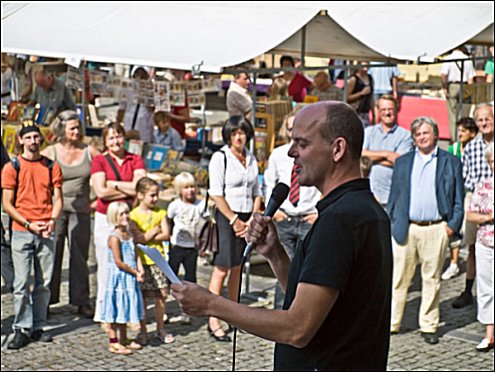
D r a a i e n
Draaien, denkt ze, draaien, draaien
Op de kermis in het rond
Draaien gaat ze, draaien, draaien
Met haar ogen en haar kont
Draaien met haar naveltruitje
In de Breakdance en dan vlug
Met een jongen tongen draaien
En weer naar de Kets terug
Draaien, denkt hij, draaien, draaien
Draaien met een lekker ding
Draaien wil hij met haar, draaien
Draaien in de Efteling
Even draaien in de Droomvlucht
En dan rondjes van formaat
Onder Vogel Rokjes draaien
Tot hij weer naar Tilburg gaat
En dan ergens halverwege
Pythonrit en Heuvelring
Komen ze elkaar weer tegen
Bij het Huis van Körmeling
Waar ze voortaan verder draaien
Eeuwig samen, eeuwig speels
Kunst zet heel wat in beweging
Kunst zet liefdes op de rails
Frank van Pamelen: Vier gedichten
 Het zijn er dertien. Natuurlijk. Want Tilburg
Het zijn er dertien. Natuurlijk. Want Tilburg
P a i n t i n g : I v o v a n L e e u w e n

Frank van Pamelen: Poet of the city of Tilburg 2007-2009
© F. van Pamelen & I. van Leeuwen
fleursdumal.nl magazine
More in: City Poets / Stadsdichters, Frank van Pamelen, Ivo van Leeuwen, LIGHT VERSE
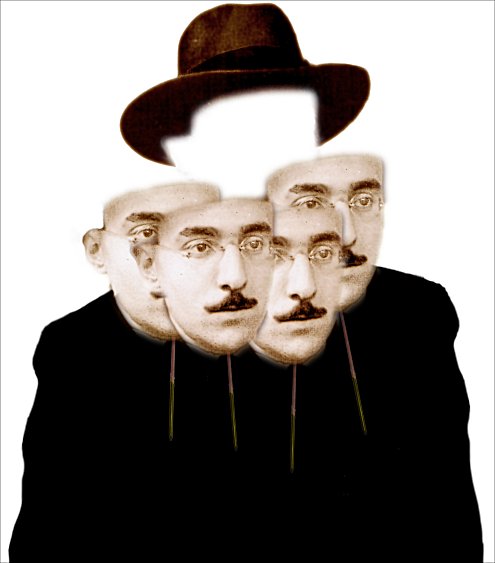
Pessoa – festival Utrecht
1 t/m 30 maart 2009
Festival rond Fernando Pessoa in Nederland
Van 1 t/m 30 maart 2009 vindt in Utrecht het festival “Pessoa in Nederland” plaats, gewijd aan de befaamde Portugese dichter Fernando Pessoa (1888-1935). Het is in 2009 dertig jaar geleden dat de eerste Nederlandse vertalingen van zijn werk verschenen. Het festival herdenkt de auteur met o.a. lezingen, poëzievoorstellingen, speelfilms, nieuwe Pessoa-uitgaven en de Nederlandse première van Pessoa’s nagelaten theaterfragmenten. Manuela Nogueira, Pessoa’s nicht die in haar jeugd bij de auteur in huis woonde, zal op 1 maart het festival openen.
.jpg)
Pessoa werd wereldberoemd door zijn raadselachtige gebruik van tientallen alter-ego’s (‘heteroniemen’) die hij naar eigen zeggen creëerde op ‘de triomfdag’ van zijn leven. Deze ‘triomfdag’ vond plaats op 8 maart 1914, tijdens het festival exact vijfennegentig jaar geleden. In Nederland werd Pessoa in de jaren zeventig ‘ontdekt’ door vertaler August Willemsen. Het festival is tevens een eerbetoon aan deze in 2007 overleden meestervertaler.
Sinds de eerste vertalingen die Willemsen publiceerde, geniet Pessoa een opvallend grote populariteit: zijn bundels werden enorme verkoopsuccessen en tientallen Nederlandse auteurs lieten zich inspireren door zijn werk. Onder meer Mark Boog, Arjen Duinker, Geert Buelens, Rob Schouten en Maarten Asscher zullen tijdens het festival spreken over deze invloed van Pessoa. “In elk van de gedichten van Pessoa zit een Hollands landschap”, schreef de Portugese dichter Nuno Júdice. Hij zal zijn motto voor het festival zelf voordragen tijdens de openingsmanifestatie op 1 maart in theater Kikker. Voorts zijn er elk weekeinde theaterprogramma’s in Salon Saffier, optredens van o.a. Denise Jannah en Maria de Fátima en nieuwe Pessoa-uitgaven bij uitgeverij De Arbeiderspers en uitgeverij IJzer. Er vinden in totaal zestien activiteiten plaats.
.jpg)
1 t/m 30 maart 2009 festival PESSOA IN NEDERLAND
Een festivalmaand in Utrecht met 16 voorstellingen rond de Portugese dichter Fernando Pessoa. Met op 1 maart een grote opening in theater Kikker en later in de maand lezingen, speelfilms, optredens van Nederlandse en Portugese dichters, nieuwe Pessoa-publicaties en de première van Pessoa’s toneelteksten.
Informatie op website: www.fernandopessoa.nl
FLEURSDUMAL.NL MAGAZINE
More in: Art & Literature News, Pessoa, Fernando
.jpg)
.jpg)
D i t e i l a n d
Voor de zachtmoedigen, verdrukten,
Tot geregelde arbeid onwilligen,
Voor de met moedwil mislukten
En de grootsch onverschilligen,
De reine roekeloozen,
Door het kalm leven verworpen,
Die boven steden en dorpen
De woestenijen verkozen,
Die zonder een zegekrans
Streden verloren slagen
En ‘t liefst met hun fiere lans
De wankelste tronen schragen;
Voor allen, omgekomen
Door hun dédain voor profijt,
Slechts beheerscht door hun droomen
De spot der bezitters ten spijt,
Neem ik bezit van dit eiland,
Plant ik de zwarte vlag,
Neem iedere natie tot vijand,
Erken slechts ‘t azuur als gezag.
Wie nadert met goede bedoeling:
Handel, lust of bekeering,
Wordt geweerd aan ‘t rif door bezwering
Of in ‘t atol door onderspoeling.
Oovral op aarde heerscht orde,
Men late mijn eiland met rust;
‘t Blijft woest, zal niet anders worden
Zoolang ik kampeer op zijn kust.
Jan Jacob Slauerhoff
(1898-1936)
Uit: Een eerlijk zeemansgraf (1936)
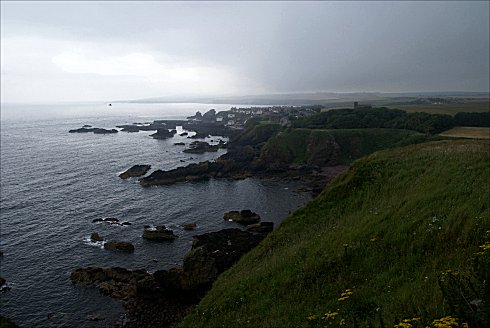
Natuurdagboek Hans Hermans
February 2009
Poem: J. Slauerhoff – Photos: Hans Hermans
![]()
© photos Hans Hermans
KEMP=MAG poetry magazine – magazine for art & literature
More in: Hans Hermans Photos, MUSEUM OF NATURAL HISTORY - department of ravens & crows, birds of prey, riding a zebra, spring, summer, autumn, winter, Slauerhoff, Jan
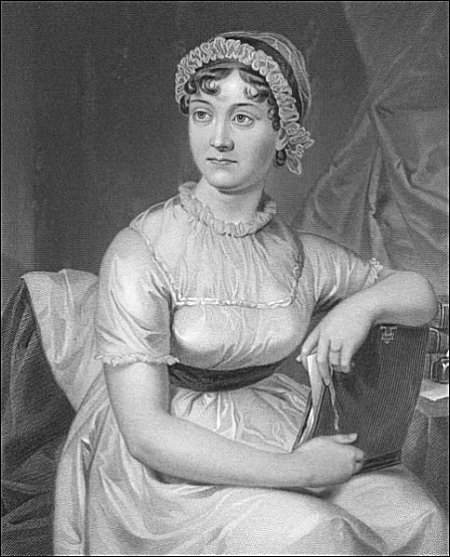
J a n e A u s t e n
(1775 – 1817)
Miss Lloyd has now went to Miss Green
Miss Lloyd has now sent to Miss Green,
As, on opening the box, may be seen,
Some years of a Black Ploughman’s Gauze,
To be made up directly, because
Miss Lloyd must in mourning appear
For the death of a Relative dear–
Miss Lloyd must expect to receive
This license to mourn and to grieve,
Complete, ere the end of the week–
It is better to write than to speak
Poem of the week – February 22, 2009
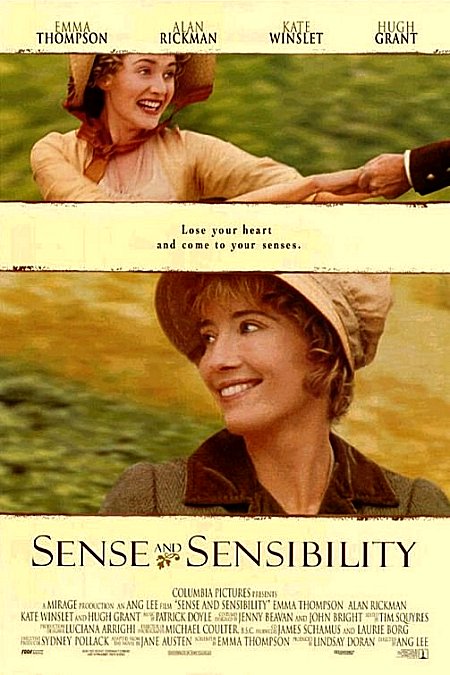
KEMP=MAG poetry magazine
More in: Archive A-B, Austen, Jane, Austen, Jane
![]()
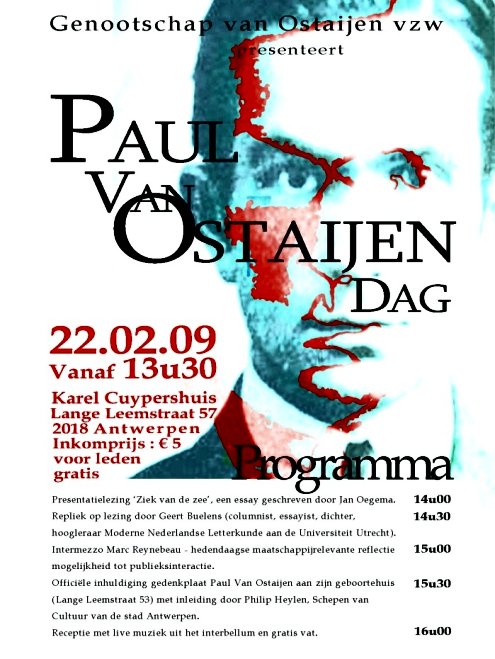
22 februari 2009
officiële inhuldiging gedenkplaat
Paul van Ostaijen
aan zijn geboortehuis
Lange Leemstraat 53
Antwerpen
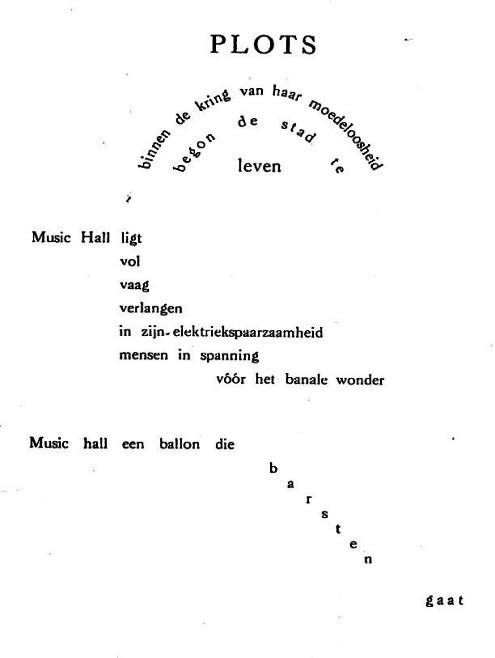
OPPERVLAKKIGE CHARLESTON
Als je van het meisje van Milwaukee houdt
van het meisje houdt
van het meisje van Milwaukee houdt
– van de nacht vallen de sterren veel
en blijven aan de huizen hangen
Batschari Zigaretten Batschari Zigaretten
Sarotti ist so süsz und schön –
Als je van het meisje van Milwaukee houdt
schaak ze in een ford schaak ze in een ford
de vader die is dominee
de broer die woont te Chicago
in Oklahoma woont de olieoom
en je sienjaal een saksofoon
schaak ze in een ford schaak ze in een ford
de negers hebben dikke lippen
de negers hebben dikke rode lippen
Je voert je bruid naar Texas heen
in Texas woont een dominee
in Texas woont een goeie dominee
en je sienjaal een saksofoon
in Texas woont een dominee
Je voert je bruid naar Texas heen
Je stuurt een telegram naar Chicago
de nacht is klaar
en morgen ben-je miljoenair
dan vin-je de methode
de maan als lichtreklaam
Als je van het meisje van Milwaukee houdt
schaak ze in een ford – rem niet rem niet –
Je voert je bruid naar Texas heen
de negers hebben dikke lippen
de negers hebben dikke rode lippen
en alle dominee’s zijn goed
Als je van het meisje van Milwaukee houdt
van haar houdt
ram rem de trem
ram rem
Paul van Ostaijen
(1896-1928)
![]()
fleursdumal.nl magazine
More in: Archive O-P, Ostaijen, Paul van, Paul van Ostaijen, Paul van Ostaijen
.jpg)
E D G A R A L L A N P O E
(1809-1849)
Six Poems
The Assignation
Thou wast all that to me, love,
For which my soul did pine-
A green isle in the sea, love,
A fountain and a shrine,
All wreathed with fairy fruits and flowers,
And all the flowers were mine.
Ah, dream too bright to last!
Ah, starry Hope! that didst arise
But to be overcast!
A voice from out the Future cries,
"Onward!"- but o’er the Past
(Dim gulf!) my spirit hovering lies
Mute, motionless, aghast!
For, alas! alas! with me
The light of life is o’er!
"No more– no more– no more,"
(Such language holds the solemn sea
To the sands upon the shore)
Shall bloom the thunder-blasted tree
Or the stricken eagle soar!
And all my hours are trances,
And all my nightly dreams
Are where thy dark eye glances,
And where thy footstep gleams-
In what ethereal dances,
By what Italian streams.
Alas! for that accursed time
They bore thee o’er the billow,
From Love to titled age and crime,
And an unholy pillow!–
From me, and from our misty clime,
Where weeps the silver willow!

Alone
From childhood’s hour I have not been
As others were; I have not seen
As others saw; I could not bring
My passions from a common spring.
From the same source I have not taken
My sorrow; I could not awaken
My heart to joy at the same tone;
And all I loved, I loved alone.
Then- in my childhood, in the dawn
Of a most stormy life- was drawn
From every depth of good and ill
The mystery which binds me still:
From the torrent, or the fountain,
From the red cliff of the mountain,
From the sun that round me rolled
In its autumn tint of gold,
From the lightning in the sky
As it passed me flying by,
From the thunder and the storm,
And the cloud that took the form
(When the rest of Heaven was blue)
Of a demon in my view.
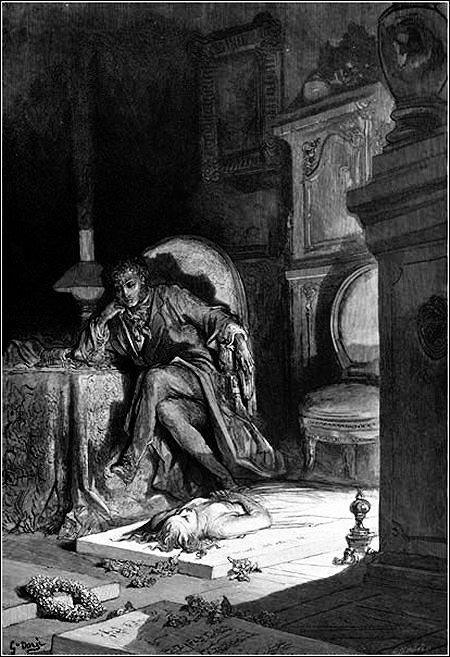
The Haunted Palace
In the greenest of our valleys
By good angels tenanted,
Once a fair and stately palace —
Snow-white palace — reared its head.
In the monarch thought’s dominion —
It stood there!
Never Seraph spread his pinion
Over fabric half so fair.
Banners yellow, glorious, golden,
On its roof did float and flow —
This — all this — was in the olden
Time long ago —
And every gentle air that dallied,
In that sweet day,
Along the rampart plumed and pallid,
A winged odour went away.
All wanderers in that happy valley,
Through two luminous windows saw
Spirits moving musically
To a lute’s well tuned law,
Round about a throne where sitting
(Porphyrogene!)
In state his glory well befitting,
The sovereign of the realm was seen.
And all with pearl and ruby glowing
Was the fair palace door ;
Through which came flowing, flowing, flowing,
And sparkling evermore,
A troop of echoes, whose sweet duty
Was but to sing
In voices of surpassing beauty,
The wit and wisdom of their king.
But evil things in robes of sorrow,
Assailed the monarch’s high estate!
Ah, let us mourn — for never morrow
Shall dawn upon him desolate!
And round about his home the glory,
That blushed and bloomed,
Is but a dim-remembered story
Of the old time entombed.
And travellers now within that valley,
Through the red-litten windows, see
Vast forms that move fantastically
To a discordant melody;
While, like a rapid ghastly river,
Through the pale door;
A hideous throng rush out forever,
And laugh — but smile no more.

The Valley of Unrest
Once it smiled a silent dell
Where the people did not dwell;
They had gone unto the wars,
Trusting to the mild-eyed stars,
Nightly, from their azure towers,
To keep watch above the flowers,
In the midst of which all day
The red sunlight lazily lay.
Now each visitor shall confess
The sad valley’s restlessness.
Nothing there is motionless-
Nothing save the airs that brood
Over the magic solitude.
Ah, by no wind are stirred those trees
That palpitate like the chill seas
Around the misty Hebrides!
Ah, by no wind those clouds are driven
That rustle through the unquiet Heaven
Uneasily, from morn till even,
Over the violets there that lie
In myriad types of the human eye-
Over the lilies there that wave
And weep above a nameless grave!
They wave: — from out their fragrant tops
Eternal dews come down in drops.
They weep: — from off their delicate stems
Perennial tears descend in gems.
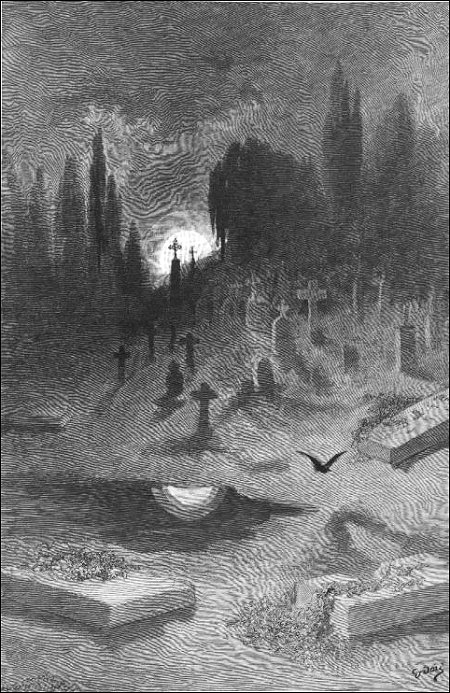
The Valley Nis
Far away — far away —
Far away — as far at least
Lies that valley as the day
Down within the golden east —
All things lovely — are not they
Far away — far away ?
It is called the valley Nis.
And a Syriac tale there is
Thereabout which Time hath said
Shall not be interpreted.
Something about Satan’s dart —
Something about angel wings —
Much about a broken heart —
All about unhappy things:
But "the valley Nis" at best
Means "the valley of unrest."
Once it smil’d a silent dell
Where the people did not dwell,
Having gone unto the wars —
And the sly, mysterious stars,
With a visage full of meaning,
O’er the unguarded flowers were leaning:
Or the sun ray dripp’d all red
Thro’ the tulips overhead,
Then grew paler as it fell
On the quiet Asphodel.
Now the unhappy shall confess
Nothing there is motionless:
Helen, like thy human eye
There th’ uneasy violets lie —
There the reedy grass doth wave
Over the old forgotten grave —
One by one from the tree top
There the eternal dews do drop —
There the vague and dreamy trees
Do roll like seas in northern breeze
Around the stormy Hebrides —
There the gorgeous clouds do fly,
Rustling everlastingly,
Through the terror-stricken sky,
Rolling like a waterfall
O’er th’ horizon’s fiery wall —
There the moon doth shine by night
With a most unsteady light —
There the sun doth reel by day
"Over the hills and far away."
.jpg)
Evening Star
‘Twas noontide of summer,
And mid-time of night;
And stars, in their orbits,
Shone pale, thro’ the light
Of the brighter, cold moon,
‘Mid planets her slaves,
Herself in the Heavens,
Her beam on the waves.
I gazed awhile
On her cold smile;
Too cold— too cold for me—
There pass’d, as a shroud,
A fleecy cloud,
And I turned away to thee,
Proud Evening Star,
In thy glory afar,
And dearer thy beam shall be;
For joy to my heart
Is the proud part
Thou bearest in Heaven at night,
And more I admire
Thy distant fire,
Than that colder, lowly light.
The End
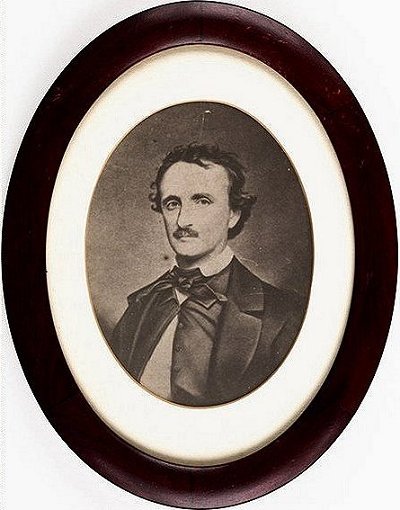
Edgar Allan Poe: Six Poems
KEMP=MAG poetry magazine – magazine for art & literature
More in: Edgar Allan Poe, Poe, Edgar Allan
.jpg)


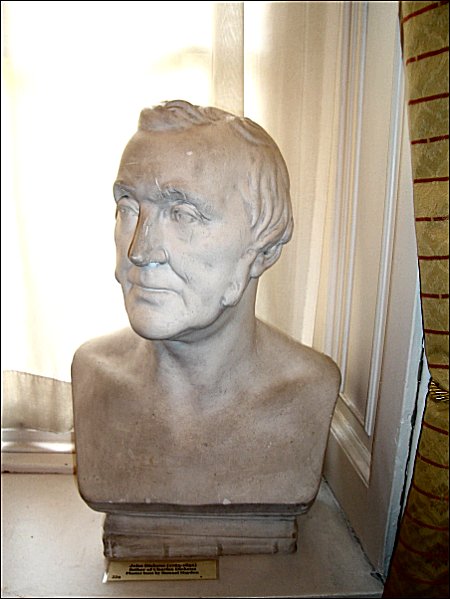
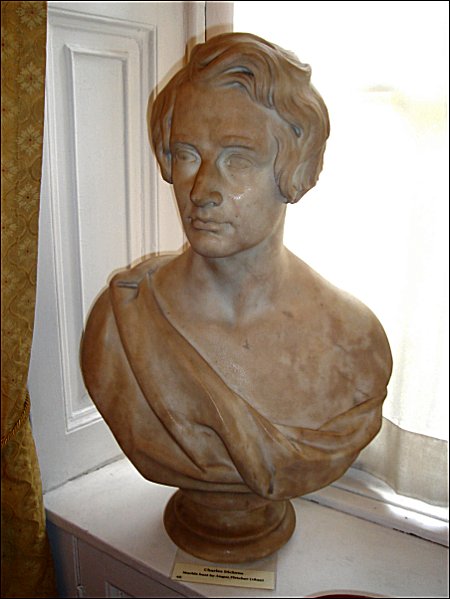
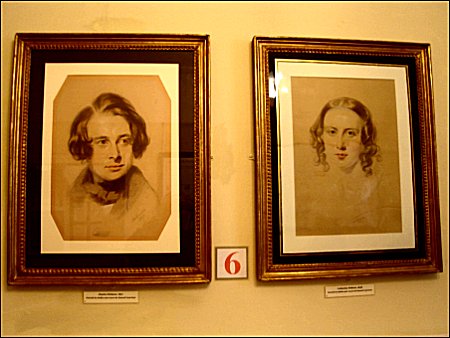

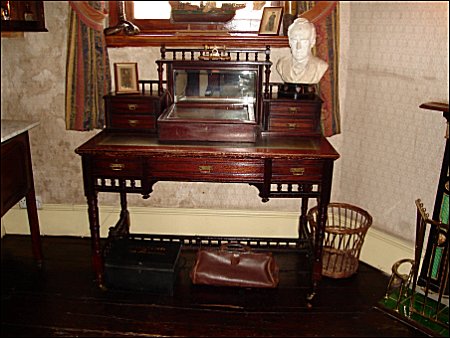
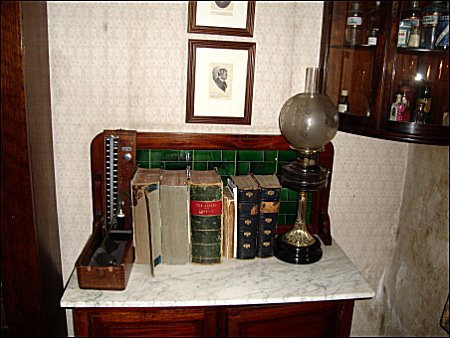


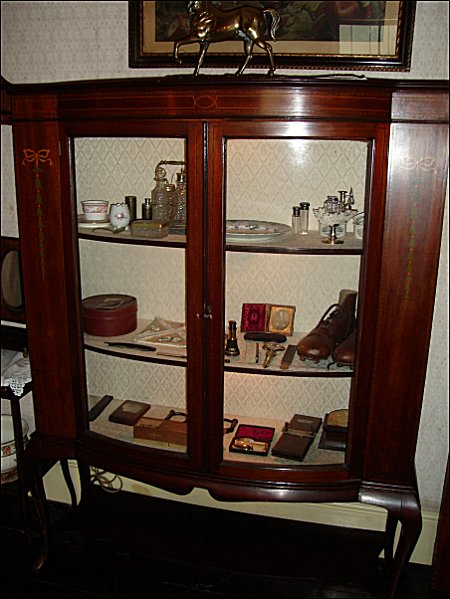
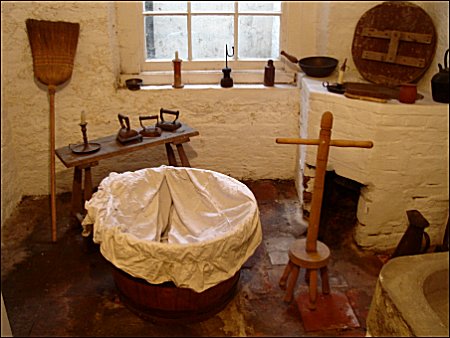

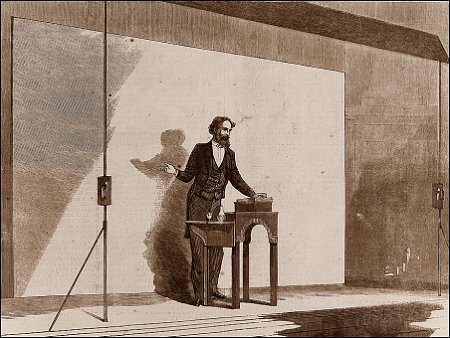
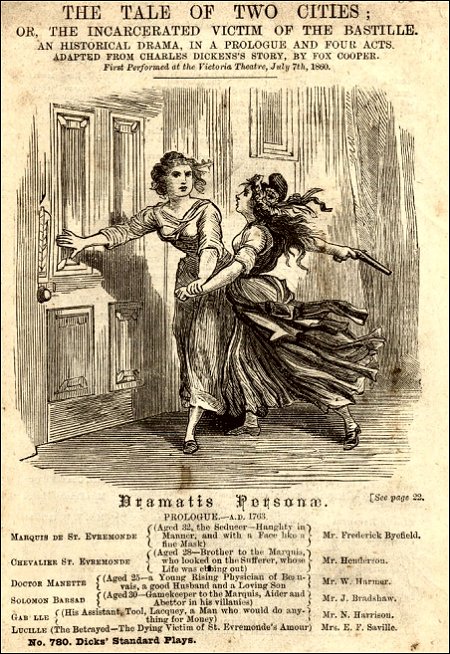
MUSEUM OF LITERARY TREASURES
CHARLES DICKENS
part III
.jpg)
Charles Dickens Museum – Doughtystreet – London
kemp=mag poetry magazine
© photos kemp=mag
More in: Charles Dickens, Dickens, Charles, Museum of Literary Treasures
Thank you for reading Fleurs du Mal - magazine for art & literature